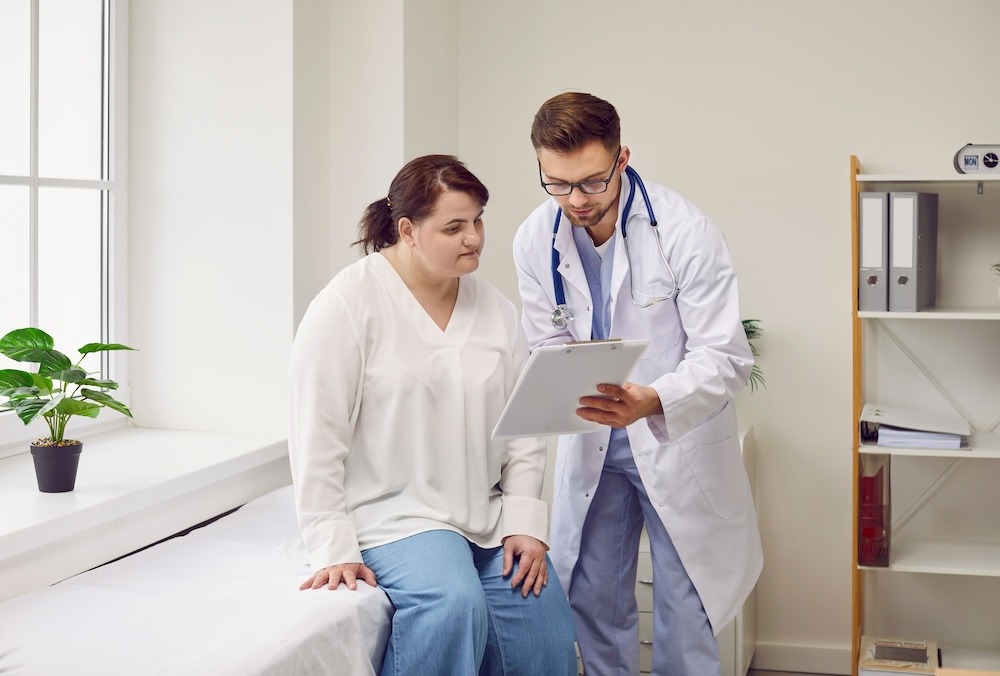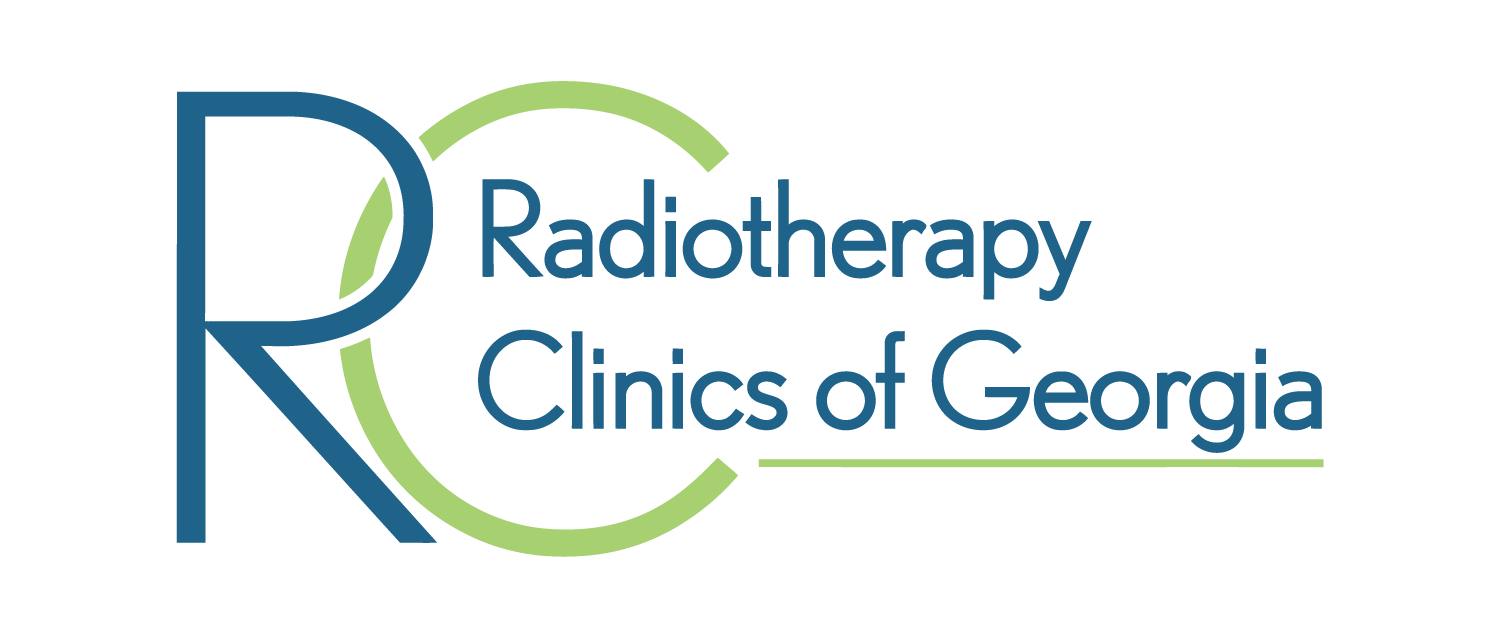
Maintaining a healthy body weight is one of the best things you can do for your overall health. However, more than 2 in 5 Americans are obese, and this number is increasing. Unfortunately, obesity is a risk factor associated with several types of cancer, including breast cancer. Although carrying excess weight does not guarantee that you will develop the disease, it can significantly increase the risk of breast cancer, especially in postmenopausal women who have other risk factors.
Defining Obesity
When it comes to the human body, a person's weight relative to their height is often determined using a tool called body mass index (BMI). BMI uses height and weight measurements to estimate the amount of body fat a person has, categorizing them as underweight, normal, overweight, or obese. Individuals with a BMI score of 30 or higher are considered obese. Find your BMI using this calculator from the Center for Disease Control (CDC).
It's important to understand that having a normal BMI score doesn't necessarily mean you have a healthy body composition. For women, excess body fat can still increase the risk of breast cancer, regardless of their BMI. To accurately assess your body weight, it's best to measure your waist circumference. In general, women with a waist circumference greater than 31.5 inches are carrying excess body fat and are at a higher risk for all types of cancer, not just breast cancer.
Although BMI is not a perfect measurement, it shouldn't be ignored. In fact, doctors often use BMI scores to assess whether your weight poses health risks for cancer and other diseases.
The Relationship Between Obesity and Breast Cancer
Research shows a clear link between obesity and various health conditions, including several types of cancer. However, when it comes to breast cancer, the relationship between the two is more complicated. The risk of developing breast cancer looks different for women who have not yet reached menopause compared to those who have been through menopause.
Pre-menopausal women
For women who are pre-menopausal, having more body fat is associated with a lower risk of developing breast cancer. Surprisingly, the risk decreases by around 18% for every five-point increase on the BMI scale. However, it's still important to maintain a healthy weight because obesity is linked to other health conditions like diabetes and heart disease.
After menopause
After menopause, the risk of breast cancer increases by about 12% for every five-point increase on the BMI scale. This is likely due to the effect of body fat on hormone levels. Before menopause, the ovaries are the primary source of estrogen production in the body. Once menopause occurs, the ovaries significantly reduce estrogen production, and fat tissue becomes the main source of estrogen. This is because fat tissue contains an enzyme called aromatase, which converts androgens, primarily produced in the adrenal glands, into estrogen. Because of this, women with more body fat have higher levels of estrogen in their blood compared to those with less body fat.
Higher levels of estrogen can stimulate cell growth in the breasts and uterus, potentially leading to cancer. In obese women, estrogen can stay stored in the body at higher levels, prolonging exposure to the hormone and increasing the risk of breast cancer.
Women of all ages
Additionally, body fat is associated with increased long-term inflammation, insulin levels, and other growth factors that encourage cell growth, further increasing the risk of breast cancer. Regardless of age or stage in life, being overweight or obese can negatively impact health, so it's important to adopt healthy habits and maintain a healthy weight.
Obesity and Breast Cancer: How to Reduce Your Risk
Obesity can be influenced by genetics and age-related metabolism changes. Still, it is primarily caused by consuming too many calories from food and drinks and not burning enough, which is something within your control. Losing weight as you age can be challenging, but it’s never too late to start making positive lifestyle changes, especially if it might help you avoid breast cancer. The American Cancer Society has some helpful recommendations that can help you achieve and maintain a healthy weight throughout life:
- Aim for 150-300 minutes of moderate-intensity or 75-150 minutes of vigorous-intensity activity each week, or a combination of these. It's best to reach or exceed the upper limit of 300 minutes.
- Reduce your sitting time. Excessive screen time has led to more inactivity. Take regular breaks and move around to reduce the risk of gaining weight.
- Follow a nutrient-rich diet that includes fruits, vegetables, whole grains, and lean meats.
- Limit alcohol consumption. Women should not have more than one drink a day, and men should not have more than two a day. Not drinking alcohol at all is best for cancer prevention.
- Avoid consuming too much red or processed meats, sugar-sweetened beverages, highly processed foods, and refined grain products.
It's important to remember that losing weight involves more than just counting calories. Simply watching your calorie intake may not lead to weight loss if you're not eating the right types of foods.
Your doctor can help you determine a healthy weight based on your age, height, body type, and activity level. They can also point you to helpful resources that can offer guidance and support as you work to make important changes for your health. Together, you can develop a reasonable plan to help you achieve your goals.
Don't Skip Your Breast Cancer Screening
Because you can't feel breast cancer until it has developed for a while, mammograms are the key to early detection. Finding breast cancer early significantly increases the chances of successful treatment and survival. If you have risk factors such as a family history, obesity, or dense breasts, talk to your doctor about the best screening schedule for you.
For women at average risk, the American Cancer Society recommends beginning annual mammograms at age 40. Women aged 45 to 54 should continue with yearly mammograms, while those 55 and older have the option to switch to biennial screenings or maintain annual exams based on their preferences.
While most mammograms do not show an area of concern, there is a small chance that cancer will be found. While the majority of mammograms do not indicate any issues, there is always a possibility, however small, that they can detect signs of cancer. A biopsy is used to determine a diagnosis by removing a small sample of tissue that is studied under a microscope by a physician called a pathologist.
What If It's Breast Cancer?
If you have received a breast cancer diagnosis, your next step will be to meet with a medical oncologist who specializes in treating breast cancer. Depending on your type of breast cancer, your care team may also include a radiation oncologist.
Radiation therapy is a common approach for treating most types of breast cancer. Our team is here to assist you if radiation is part of your recommended treatment plan. Since radiation treatments are typically given five days a week for several weeks, it's important to choose a facility that's conveniently located near your home or work. We have radiation therapy locations equipped with the latest technologies throughout the Atlanta area. Request a consultation at a center close to you.


